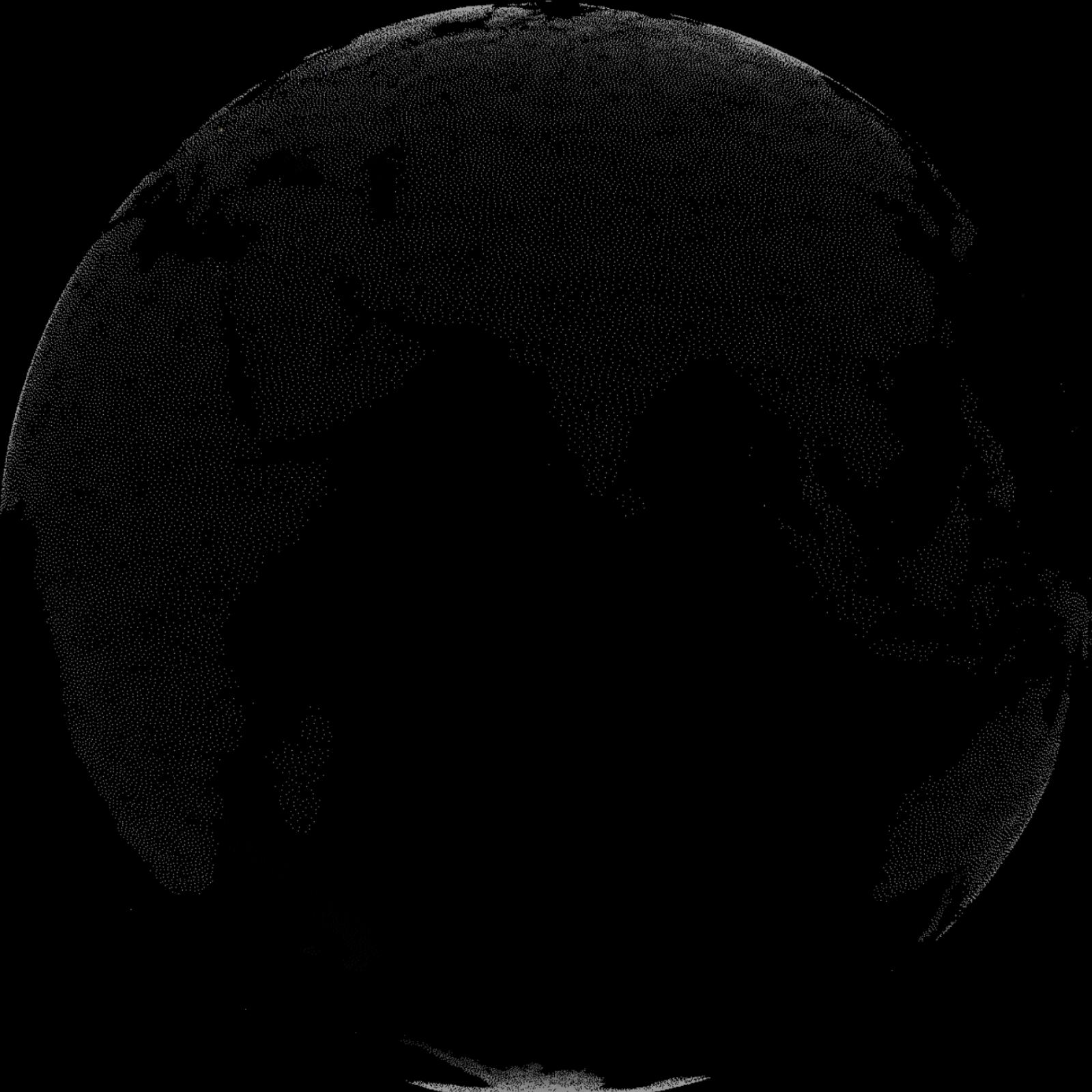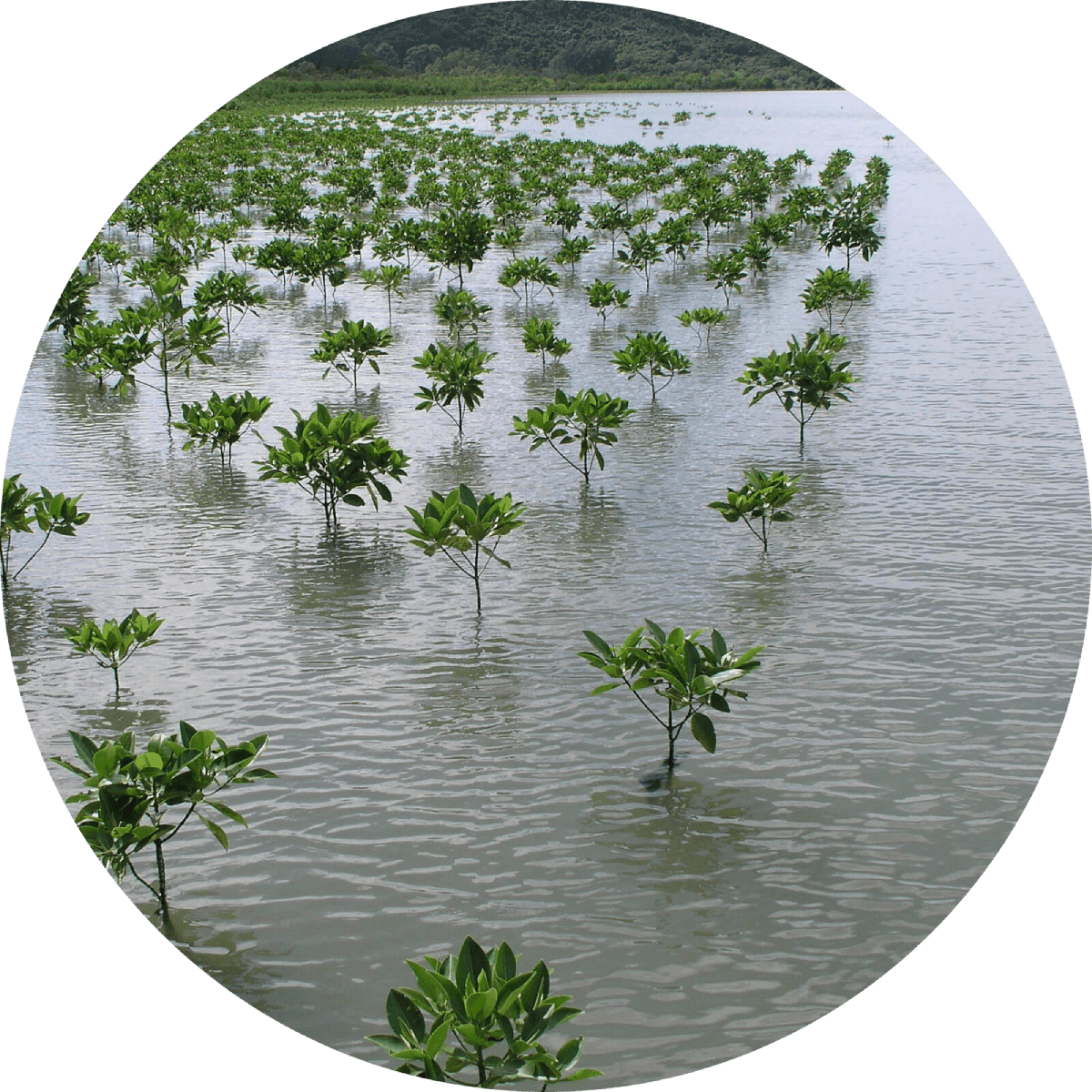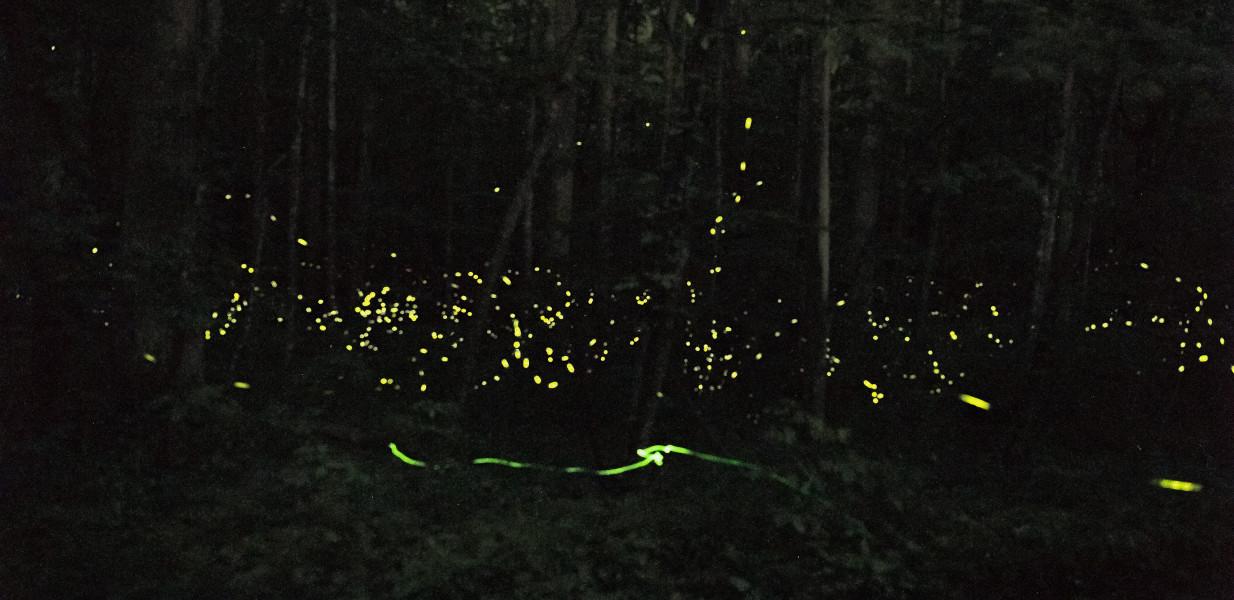In The Family
Personal memory by Isabella
2016 • Manzanita, OR, USA
Two and a half years ago, a tornado swept through Manzanita, Oregon. Manzanita, perched on the flat spit of land between the Coastal Range, the Pacific, and the broad expanse of Nehalem bay, is where I have spent every summer since I was small. Our house is a block back from the ocean, close enough to hear the roar of the breakers, but too far away to see the waves. When my aunt, who lives near there, called my mother to tell her what had happened, my mother was incredulous. "Lori, you're from Oregon, you don't know what a tornado is," my mother said, "No," said her younger sister. "It was definitely a tornado." And she sent us a video, filmed from the head just north of Manzanita, of a grey-brown funnel dropping down out of the clouds and then walking across the beach and straight up main street. We watched it, and then watched it again. Then the pictures began to arrive. Inexplicably, all seemed to be taken from the intersection just across from our house. It turns out that we were very lucky. The tornado first touched down just off the beach and moved diagonally across our block. Though it passed directly over the roof of our house, it bounced several times before it touched down properly, so the house itself lost only shingles and chips of paint. The trees in the yard were not, however, so fortunate. I remember those trees. There was one in the north-east corner of the lot, which hung precariously over the fence, shading my room. It used to have a swing on a bungee cord hanging from its upper branches, officially labeled "unsafe" by my parents. On summer afternoons, I would climb out of my first floor window in slippers and pad across the wet gravel to swing by myself, bouncing and flopping from side to side until my father noticed and made me stop. Years later, when a storm broke one of this tree's branches, I remember my father up on a ladder with a hand saw, cutting off the twisted and mutilated limb to make a clean stump at the trunk. When he came down the ladder again after fifteen minutes of straight sawing, hands sticky with pine resin, he was only half way through the limb. "Pine doesn't yield easily," he said, as I sprayed vanilla-scented PAM on his hands to remove the sap. "Why don't we get someone else to do it?" I asked "It wouldn't take them long." "No," he said, "We have to do this -- that tree is part of the family." He looked up at the tree, its canopy spreading above us in the summer light. Now two years have passed. The fence around the yard is rebuilt, and the back garden is planted with rhododendrons and hydrangeas and sea grass. The house has a new coat of paint, and we are no longer finding broken glass from the neighbor's shattered windows buried in the yard. And still, the place feels bald, somehow naked. There are no trees. We will plant some soon, we say, but even so: a tree that comes up to my waist is not the same as one that sloughs damp pine needles on my head by way of greeting. It takes more than time to replace one's family.


Learn about Maya Lin’s fifth and final memorial: a multi-platform science based artwork that presents an ecological history of our world - past, present, and future.

Discover ecological histories and stories of former abundance, loss, and recovery on the map of memory.

Learn how we can reduce our emissions and protect and restore species and habitats – around the world.

See how art can help us rethink the problems we face, and give us hope that each one of us can make a difference.

Help make a global memorial something personal and close to home. Share your stories of the natural world.

